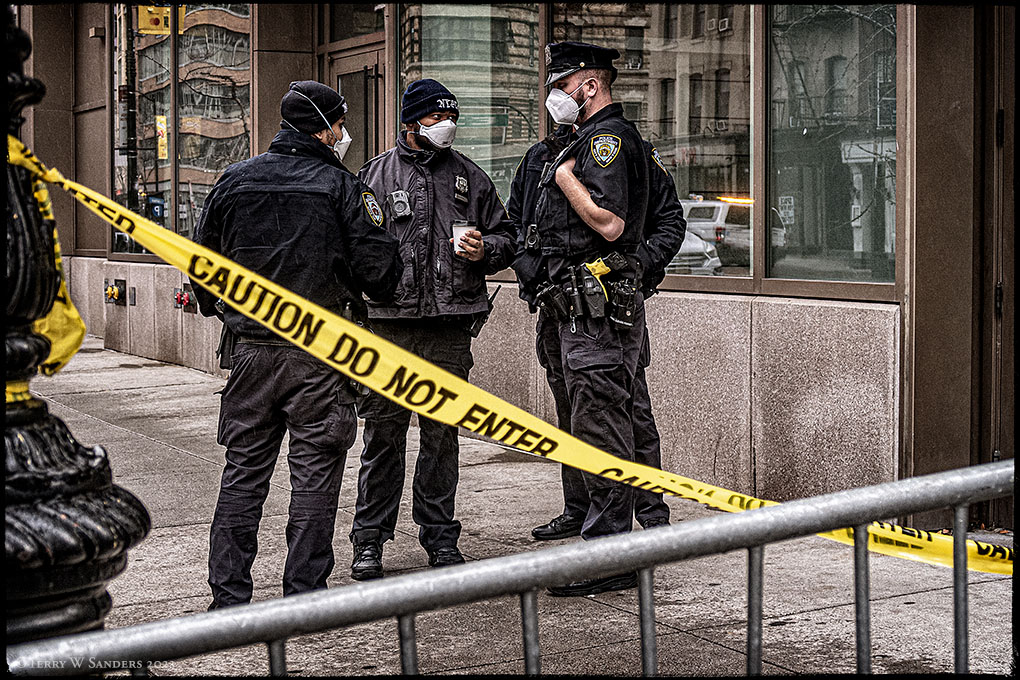Since the New York Police Department monitor was introduced more than a decade ago, after a federal judge ruled officers abused the stop-and-frisk tactic, the program has cost the city $36 million. However, many officials still assert that more effort needs to be put into regulating the department’s conduct.
Manhattan Federal Judge Shira Sheindilin ordered the monitor in August 2013 in a pivotal case that determined that stop, question, and frisk, as practiced by the NYPD, was tantamount to “indirect racial profiling.”
Over the years, the monitor has produced 20 reports analyzing police behavior and their efforts to improve compliance rates, including when they question suspected trespassers inside housing projects and private apartment buildings. The monitor’s team reviews stop data, along with video from police body-worn cameras, and analyzes how supervisors hold officers accountable.
Yet those behind the enforcement still argue that the department has a long path to reform.
“Ten years is too long for the NYPD to come into compliance,” Mylan Denerstein, the NYPD monitor, said in a statement. “As the NYPD is well aware, and our many public reports demonstrate unequivocally, the city, while working toward compliance, still has a long way to go.”
The NYPD said it appreciates the monitor’s efforts and that officers “work tirelessly, every day, to keep people safe and to police fairly.” Though much of the department has long disputed that it engages in racial profiling, maintaining that its officers usually stop people based on descriptions of suspects.
According to Jonathan Moore, one of the lead trial lawyers in the case, the primary issue involves self-initiated stops, which are typically done by police in specialty units. He reported that the body-worn camera videos he and other plaintiff lawyers have watched show many officers are still conducting unlawful stops.
In a report last June, the monitor recorded that it looked at 124 self-initiated stops conducted by officers from the Neighborhood Safety Teams tasked with getting firearms off the streets. It found that only 85 stops, or 69%, were based on reasonable suspicion.
In 2023, 16,971 stops in total were recorded, as reported by the NYCLU, and 11,613 were not arrested or given a summons (68%). Of these stops, 9,939 (59%) were Black, and 5,166 (30%) were Latinx.
In response to these numbers, many local officials and city council members assert that NYPD monitoring will not cease until the department reaches compliance with the court orders.












